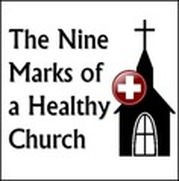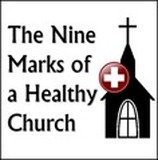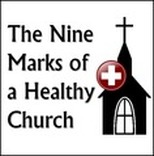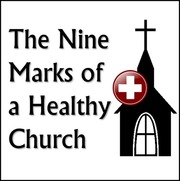
There are numerous passages in the New Testament that deal with the doctrine of the church. In fact the New Testament epistles were written to churches. So much of the New Testament is devoted to discussing what it means to serve Christ and his people in the context of the local church. The church in the New Testament does not exist to meet the consumer and entertainment needs of the membership. Church membership means commitment. It is commitment first to Christ and second to each other as the Bride of Christ. John F. Kennedy’s famous quote might be slightly altered to fit a more Christian context, “Ask not what your church can do for you, ask what you can do for your church.” All of us are prone to think, “What am I going to get out of this?” But a self-sacrificial lover and follower of Christ should be thinking more about what he or she is putting in to the life of the church.
Membership in the local church has meaning. It comes with rights and responsibilities, blessings and accountability. It is simultaneously our corporate testimony to the saving grace of God in the gospel and the means by which God grows us in that same gospel. At Oak Crest our commitment to the Lord and our relationships to one another are reflected in our church covenant. As Christians we are called to be different from the world around us, we are to simultaneously encourage others and be encouraged by others. We are to be discipled and we are to disciple. We are to be held accountable and we are to hold accountable. We are the church. We are a people of God’s own possession. We are the Bride of Christ. “Membership has its privileges.”
In Christ,
Blain Craig




 RSS Feed
RSS Feed